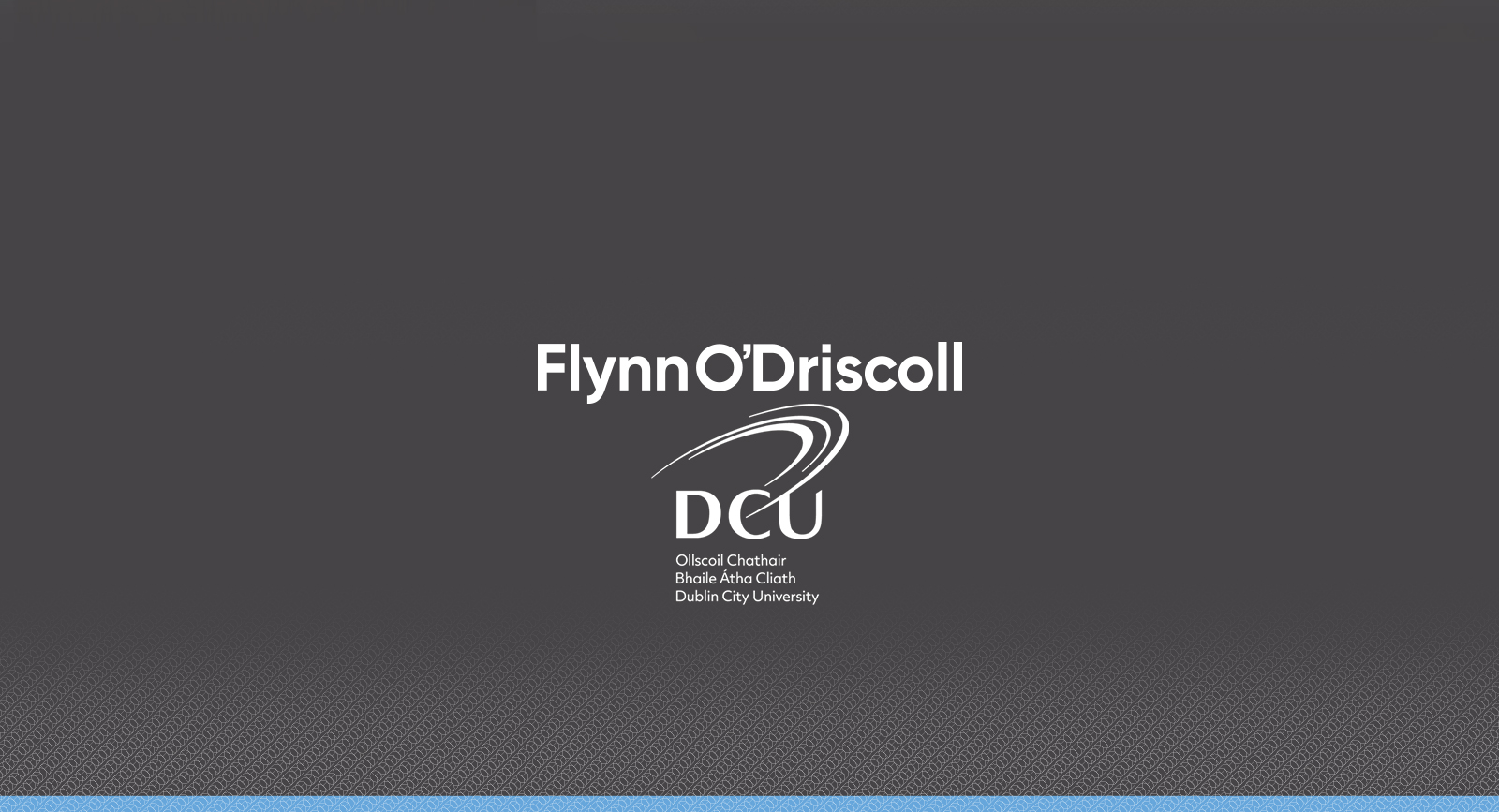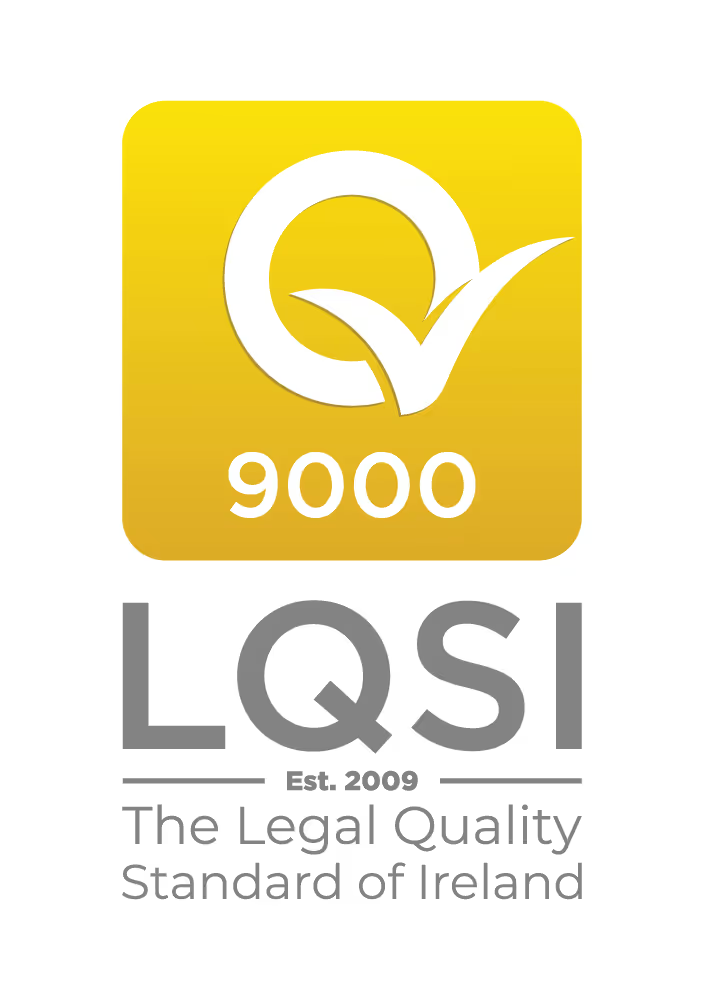
- As the Covid-19 pandemic shows no signs of abating and lockdowns across Europe look set to continue into the early summer, aircraft lessors and financiers have been forced to reconsider their initial strategies thought through at the beginning of the pandemic. This article sets out a brief overview of the steps a lessor or financier needs to take to repossess and detain aircraft on lease if it considers a lessee or borrower to be in default.
- Before taking the steps outlined below a lessor or financier should consider our non-exhaustive checklist that outlines the steps that a financier or lessor can take to protect their positions and maximise potential outcomes in repossessing an aircraft here.

- First, all transaction documentation must be reviewed to ascertain whether there is an event of default. All security documentation should also be reviewed to ensure all necessary filings were made and perfected, in particular the status of any IDERA should be checked (i.e. A de-registration power of attorney takes the form of an IDERA in contracting states to the Cape Town Convention (the “Convention”)). The transaction documentation will describe:
- the circumstances in which a lease or facility is deemed to be in default;
- the consequences of the default, for example whether the lease or facility is terminated and the aircraft is to be returned to lessor or financier; and
- the steps to be taken to notify the lessee or borrower of the default.

- Once it has been established there is an event of default, the lessor or financier should serve a notice of default on the lessee / borrower. It is extremely important that the notice provisions of the transaction documentation are adhered to in notifying the default to the lessee or borrower.
- If possible, a voluntary repossession of the aircraft should be sought in the first instance, where the aircraft is returned at an agreed location with all aircraft records. This may not, however, be possible.

- The Convention sets out the rules relating to the exercise of remedies by creditors against defaulting debtors in respect of Aircraft Object (as defined in the Convention, i.e. airframes, engines, etc.), including the de-registration of an aircraft by a creditor from an offending debtor’s jurisdiction by an IDERA.
- In the event that a lessee or borrower does not voluntarily return the aircraft, utilising the IDERA and de-registering the aircraft from its Aviation Authority’s register can be highly effective. Once deregistered the aircraft is effectively grounded. The financier or lessor can take steps to physically repossess the aircraft and arrange a ferry flight to its desired location for maintenance / refurbishment and / or remarketing for sale or lease.
- A financier or lessor can also seek a court order, on an ex parte basis, to ground an aircraft. Ireland acceded to this particular remedy under the Convention which provides that a debtor is entitled, in the event of a default, to take possession of the aircraft and can apply for a court order to take control of the aircraft.

- Additionally, Ireland’s courts will enforce, without re-examination of the case’s merits, judgments from a New York and English Court and an arbitral award made under the New York Convention.
- In February 2021, the Irish Commercial Court recognised and enforced an arbitral award of €4.2 million granted in favour of Just-US Air Srl against Air Moldova. The Irish Commercial Court made an order that prevented an aircraft leased by Air Moldova from leaving Dublin airport as Just US-Air Sol feared that Air Moldova would swiftly remove the asset from Ireland and beyond the reach of Just-US Air Srl. Just-US Air Srl is also seeking permission to appoint a receiver over the aircraft. The case is back before the Commercial Court later this month.

- If the borrower is insolvent, local law will dictate the conditions under which the repossession may be effected.
- In Ireland, the Convention along with Article XI of the protocol to the Convention (the “Protocol”) established a special insolvency regime (“Alternative A Regime”). The regime can be invoked in Ireland in situations where Ireland is the “place of the debtor’s statutory seat[1]” or “the place where the debtor is incorporated or formed”. If the Alternative A Regime is applicable, the aircraft will be placed in the possession of the insolvency administrator for a period of 60 days from the point the borrower goes into insolvency. It is only once this period has elapsed that the aircraft might be returned to the financier.
- The Alternative A Regime will only take precedence over Ireland’s domestic insolvency law if it is applicable to the circumstances of the borrower in question. For example when the Nordic Aviation Capital Scheme of Arrangement process came before the Commercial Court last year, NAC submitted that the protections afforded under the Alterative A Regime were not applicable on the basis that an Irish scheme of arrangement did not fall within the Protocol’s definition of “insolvency-related event” or the Convention’s definition of “insolvency proceedings”. While the Court did not make any ruling on this point, it is notable that of the last three significant aviation industry insolvency proceedings before the Irish Courts over the course of 2020/2021, none of the three invoked the Alternative A Regime. In each case an examiner was appointed, providing a protective period of 100 days before any aircraft would be returned to the relevant financier.
- [1] Schedule 2 of the International Interests in Mobile Equipment (Cape Town Convention) Act 2005 , No. 15 of 2005, Schedule 2, Dublin: available http://www.irishstatutebook.ie/eli/2005/act/15/enacted/en/print.html
- This note is for general information purposes and does not constitute legal advice. Legal advice must be obtained for all individual circumstances. Each case must be assessed on its own merits
- Flynn O’Driscoll’s cross departmental aviation disputes team comprising of aviation, insolvency and dispute resolution professionals are ready to assist financiers, leasing companies, airlines or any other stakeholder who may have a query about aircraft repossession.
- Further details of our team can be found here.



- Legal Professionals
- Deep Industry Knowledge
- Solutions Focus Approach
Other Relevant Publications
Dublin
-
No.1 Grant’s Row
Lower Mount Street
Dublin 2
D02 HX96
Ireland
T: +353 1 642 4220
F: +353 1 661 8918
Galway
-
Unit 2B
Galway Technology Centre
Mervue Business Park
H91 AHR1
Ireland
T: +353 91 396540
• Aviation
• Commercial & Corporate
• Employment
• Restructuring & Insolvency
• Litigation & Disputes
Resolutions
No items found.





